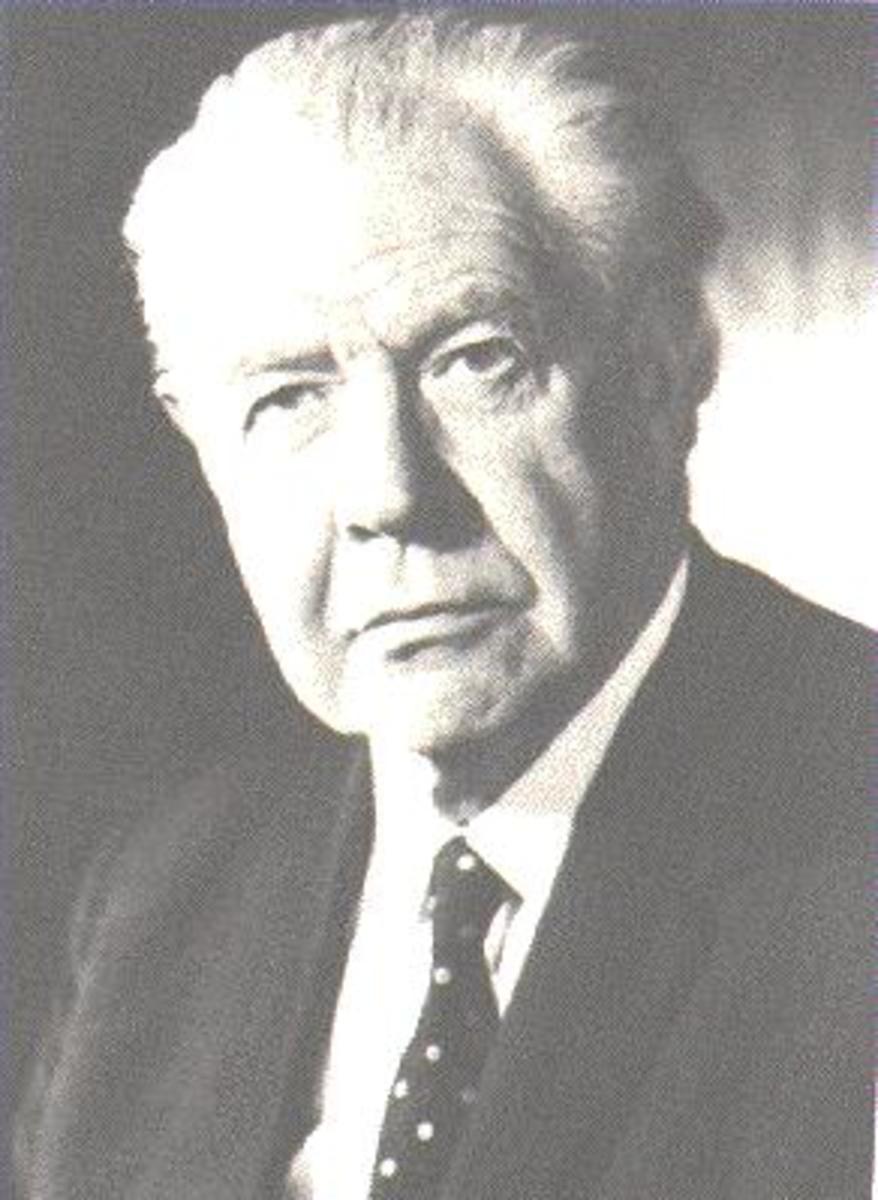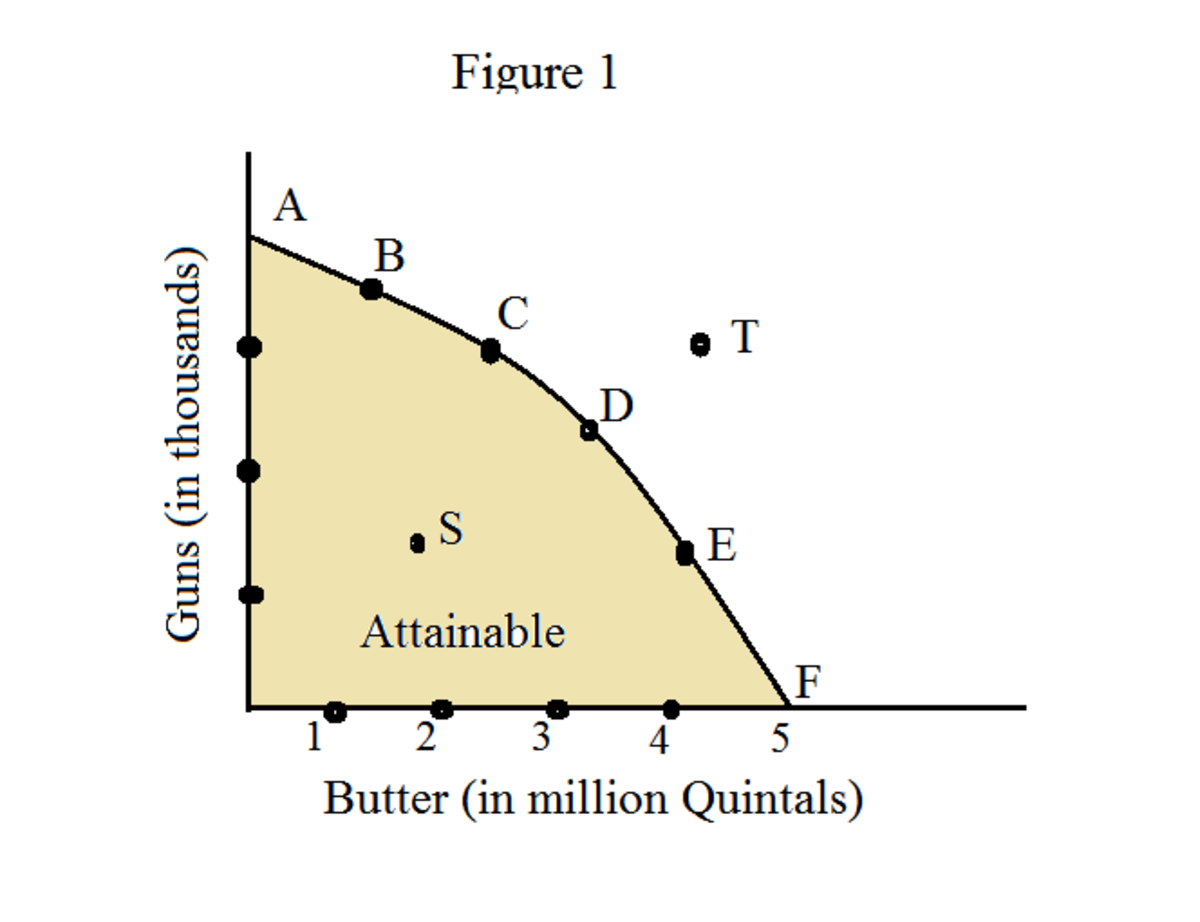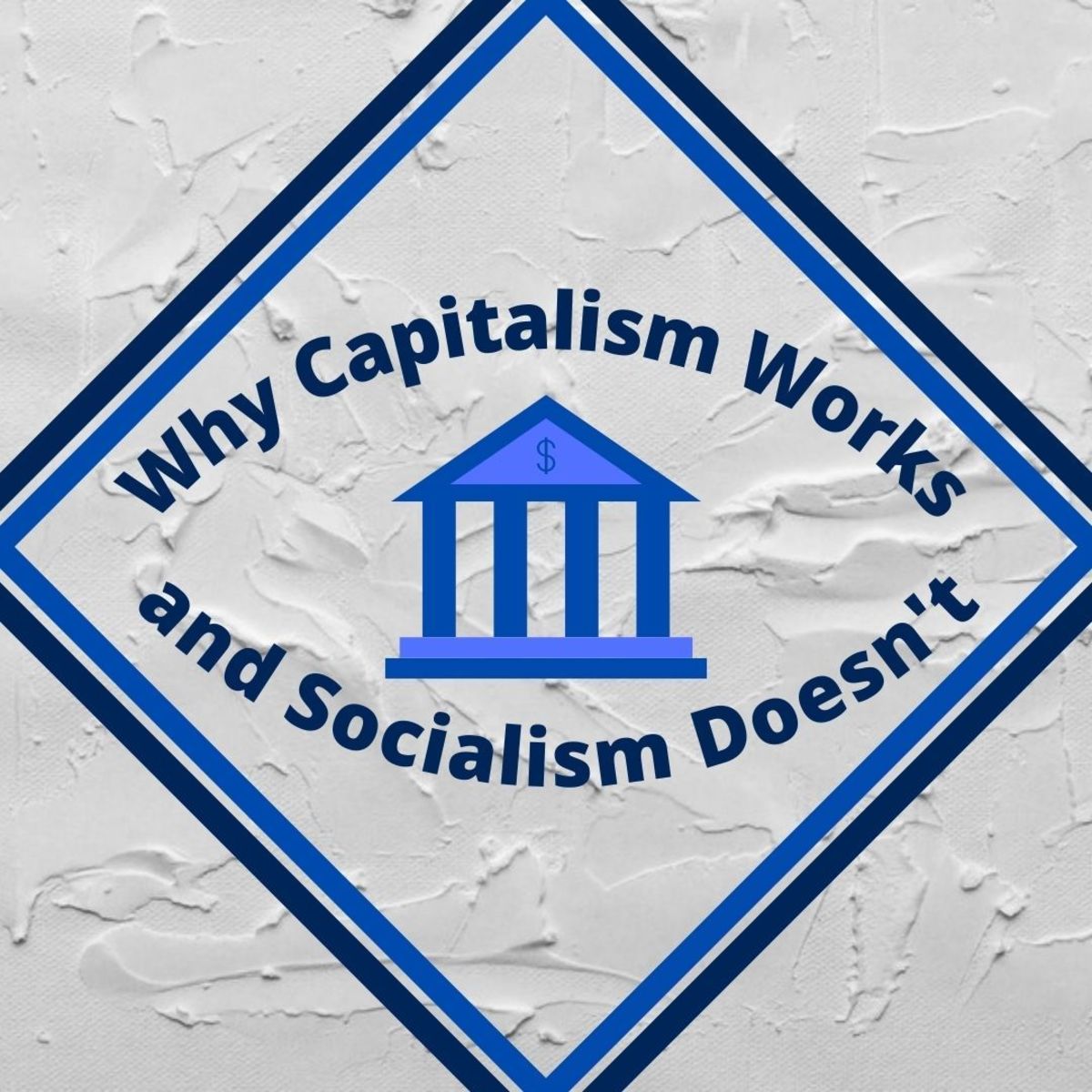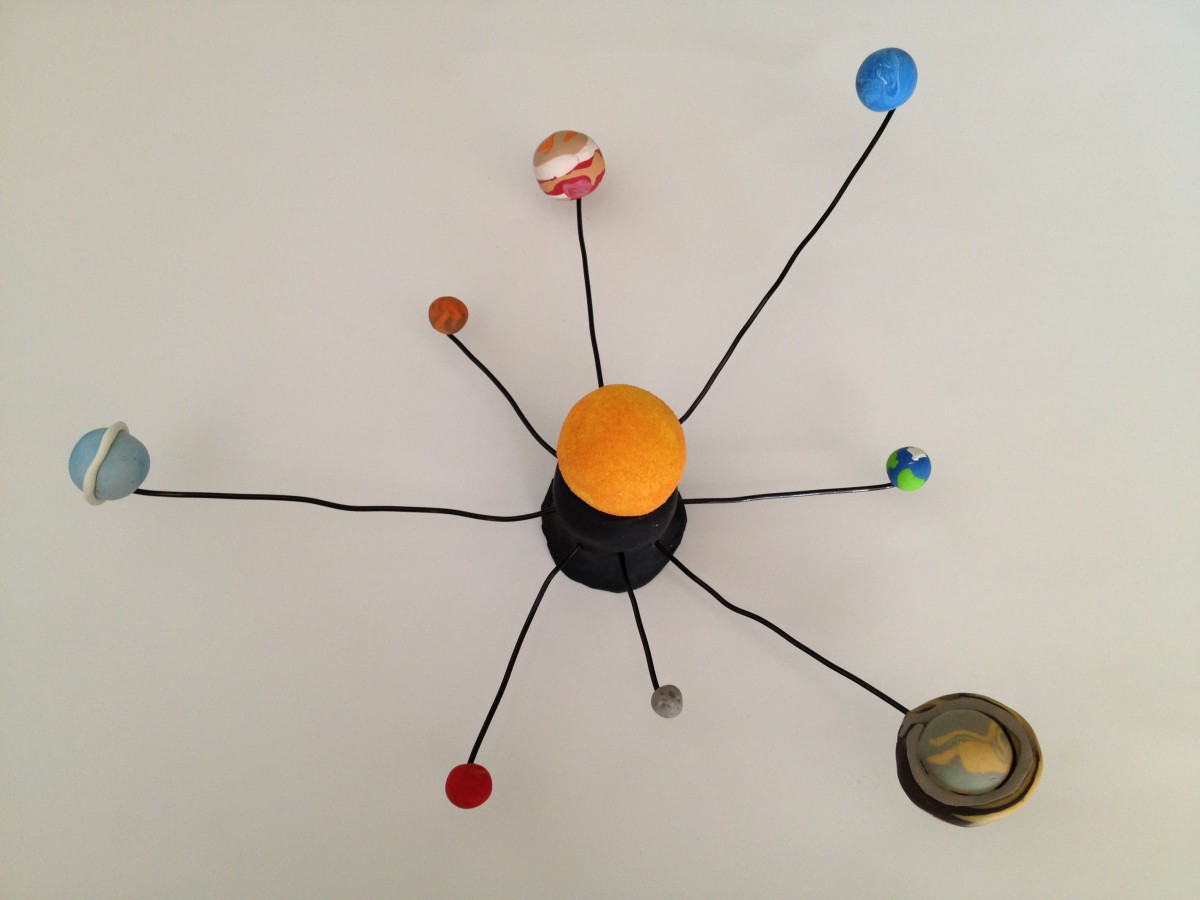WHAT ECONOMICS IS; POSITIVE VRS NORMATIVE ECONOMICS; MICROECONOMICS & MACROECONOMICS
WHAT ECONOMICS IS; POSITIVE AND NORMATIVE ECONOMICS; MICROECONOMICS & MACROECONOMICS
All societies are faced with a common problem; the problem of how they will use their scarce resources to satisfy the wants of their people. Individuals and firms encounter the same problem. This, in any society is frequently called the problem of allocation of resources. Since resources are scarce, many of them occur in amounts too small to satisfy all of people’s wants or desires. In other words our means are limited but our wants are unlimited. Means are the resources or materials used to satisfy or obtain our wants. They include all the material that help in producing goods and services to satisfy wants, example, the factors of production (land, labor, capital and entrepreneurship). These factors are limited in supply relative to the demand for them.
People study economics for different reasons. Economics is therefore subject to different interpretations, depending on the point of view of the economist.
SOME DEFINITIONS OF ECONOMICS
A. Adam Smith, who may be described as the father of economics, defined economics as “an inquiry into nature and causes of wealth of nations “Since wealth is produced with resources, this definition may be seen as, how man uses scarce resources to produce wealth. Adam Smith was mainly interested in the production of more goods and services which could generate wealth without regards to their distribution. His definition was therefore considered not satisfactorily adequate and had to be improved upon by John Stuart Mill.
B. J. S. Mill defines economics as “the practical science of production and distribution of wealth” Mill’s definition went a step further by including production and distribution and pointing out the fact that economics is a science.
C. Davenport defines economics as “the science that treats phenomena from the standpoint of price” This definition implicitly talks about production and distribution because; prices are the yardstick for distributing scarce commodities and resources.
D. Alfred Marshall defines economics as “the study of mankind in the ordinary business of life” all four definitions above embrace directly or indirectly, production, distribution and consumption. These definitions, however, failed to point out the fact that production is effected with the use of resources, which are scarce.
The modern subject matter of economics is however, based on the theory of scarcity and choice. On these bases, Professor Lionel Robins defined economics as “a science that studies human behavior as relationship between ends and scarce means which have alternative uses”
Regardless of the fact that this definition is too technical, it emphasizes scarcity of resources and choice decision making from alternatives.
For a definition which will be clear, consider the concept of scarcity and at the same time show the scope of the subject matter, Professor Paul Samuelson’s definition might be most ideal. According to him, “economics is the study of how people and society end up choosing with or without the use of money to employ scarce productive resources that could have alternative uses in order to produce various commodities and to distribute them for consumption, now or in the future, among various persons and groups in society.”
POSITIVE AND NORMATIVE ECONOMICS
The subject matter of economics can be categorized into two: - positive and normative economics. Due to the scientific nature of economic analysis, it is important to understand this grouping.
Positive economics is the economics of model building and deals with what will occur, assuming the model is properly constructed. Normative economics deals with what ought to be in the opinion of a person or group.
Positive economics is refers to objective economic statements that explain that is certain conditions hold, then certain things can be expected to happen. For instance, it is a positive economic statement to say, “Inequality of income may be reduced through a system of income
taxes” it is however a normative economic to say, “consequently, such an income tax system is a good thing”. This example does not mean normative economic statements are bad; it only means they involve value judgments i.e. our judgments about what is good and what is bad. Thus they are statements about which intelligent, honest and compassionate people can disagree.
MICROECONOMICS AND MACROECONOMICS
Economic theory may be classified as micro or macro economics. Microeconomics analyzes the objectives and decisions of individual economic unit – consumers, firms, government agencies or specific projects. Consumers’ choice about what goods and services to buy is a microeconomics decision. A government agency’s decision about how much to spend on a specific project is micro economic.
Macroeconomics deals primarily with explanations of a country’s overall level of economic activities. In this light, decisions about the total amount of money supply, government spending, new investments or taxes during a give year are macroeconomic issues.












